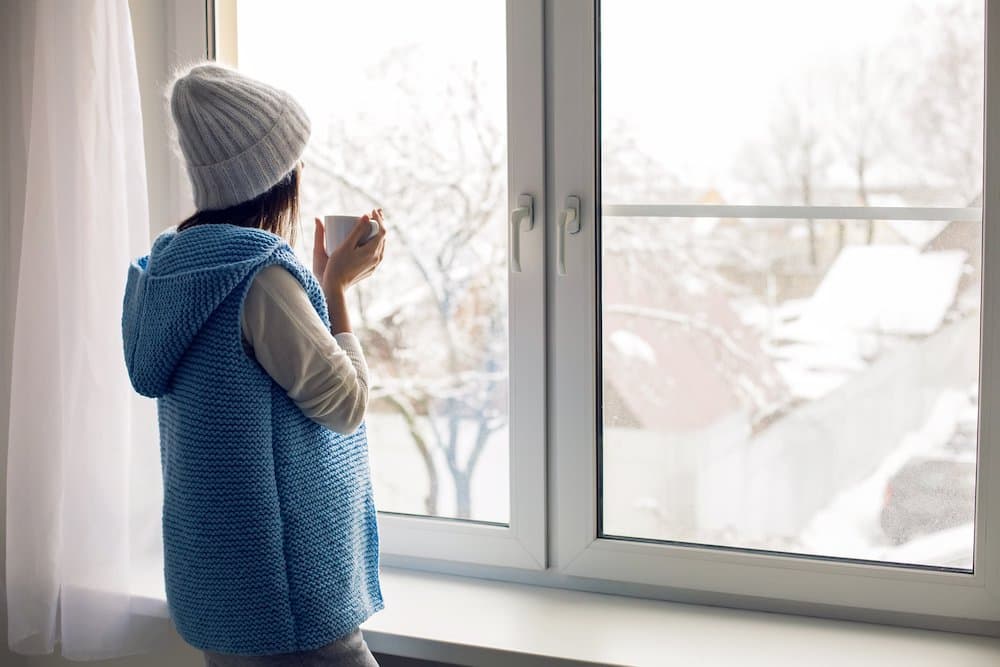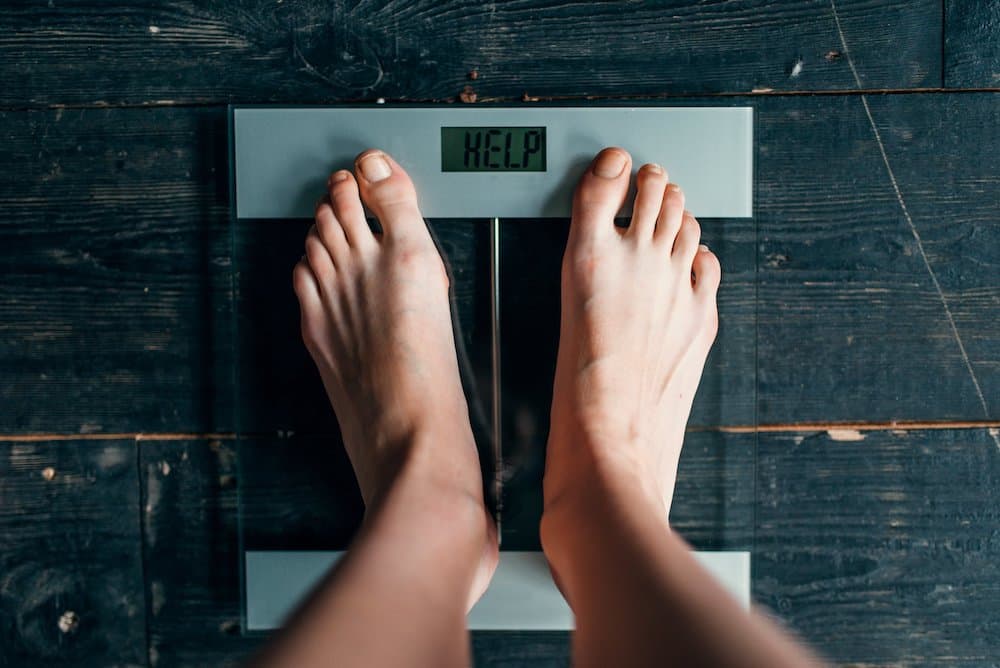
2021-12-29T14:03:24
How to Make New Year’s Resolutions you can Actually Keep
- Weight Management
- Wellness Institute
January 10, 2019 | Wellness Institute
Specialties:Behavioral Health • Family Medicine • Internal Medicine

As the holiday season comes to an end, it’s easy to become overwhelmed with what some people call the “post-holiday blues.” But, are these “post-holiday blues” a reality that people actually deal with? Psychologists and other medical professionals agree that there are many people who face feelings of depression or melancholy after the holidays.
Post-holiday blues are caused by a combination of the dark and dreary weather of winter, the end of vacations and time spent with family, and the release of holiday-induced stress. Seasonal affective disorder, otherwise known as SAD, can also contribute to these post-holiday blues. SAD is a type of depression that some people experience during a specific season every year.
Even though scientists think that SAD is caused by the change of the seasons or the weather, no one really knows for sure what causes SAD. Some theories suggest less sunny weather in certain seasons can change the brain’s levels of serotonin, a chemical that helps the brain control mood. SAD can lower levels of serotonin, causing moodiness and often depression.
Although the causes of SAD are unknown, there are some common risk factors including:
The symptoms of SAD are similar to those who suffer from depression, and they are often confused with depression. Symptoms include:
Light therapy helps people with seasonal affective disorder. You can buy artificial lights at many different places to combat those cloudy and often snowy days during the wintertime. Light therapy can act as an antidepressant for people with SAD.
Studies have shown that SAD appears when there is a lack of vitamin D in the body. Light therapy helps with this because light helps the body generate vitamin D. You can also take supplements to help your body generate more vitamin D along with light therapy or on its own.
If you begin to feel any of these symptoms, it’s important to remember to get outside as often as you can. The natural light is the best type of light to combat SAD and will help with symptoms.
Doctors can prescribe antidepressants to help with SAD.
If you have any of these symptoms and think you may have SAD, ask your doctor what the right pathway of treatment is for you.
If you don’t have symptoms of SAD, but still feel down after the holidays, don’t fret. These feelings are completely normal and common. You probably aren’t experiencing severe depression, but you may still feel gloomy and have a hard time going back to work after your Christmas vacation. If you feel this way, try to combat your post-holiday blues by setting New Year’s resolutions. The act of setting goals can help you focus on the future again, instead of focusing on the past holiday festivities. Remember, it’s important to not overload yourself with too many goals or resolutions that are impractical. Set goals that are realistic and don’t be too hard on yourself if you can’t complete them perfectly.
Another idea that can help you climb over the growing mountain of post-holiday blues is to find time to take care of yourself. Self-care is important and includes exercise, finding time for your hobbies and general relaxation. Whether that means watching your favorite movie on the weekend or reading a good book in your spare time, make sure that you set aside time for a little self-care. Goal setting and self-care are valuable tools that will help you overcome any post-holiday blues you may be experiencing.
“A Description of the Syndrome and Preliminary Findings With Light Therapy.” Arch Gen Psychiatry.
https://jamanetwork.com/journals/jamapsychiatry/article-abstract/493246
“Seasonal affective disorder (SAD) – Symptoms and causes.” Mayo Clinic.
“Seasonal Depression (Seasonal Affective Disorder) Symptoms, Causes, Treatments.” WebMD.
https://www.webmd.com/depression/guide/seasonal-affective-disorder#1
“Vitamin D vs broad spectrum phototherapy in the treatment of seasonal affective disorder.” The Journal of Nutrition, Health & Aging.
https://europepmc.org/abstract/med/10888476
“What Causes Post-Holiday Blues — And How To Combat Them.” Bustle.
https://www.bustle.com/articles/132102-what-causes-post-holiday-blues-and-how-to-combat-them

WRITTEN BY:
The Live Better Team

2021-12-29T14:03:24

2019-07-22T16:27:23

2019-01-02T08:00:06

2018-09-12T14:00:42
This information is not intended to replace the advice of a medical professional. You should always consult your doctor before making decisions about your health.